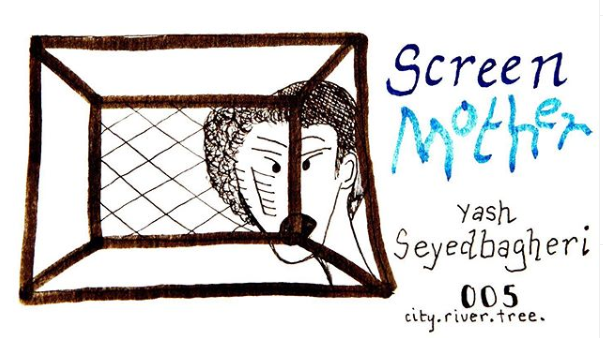I have been collecting dance cards for decades. It is a troublesome pursuit: looking for these tiny booklets – that once dangled blithely from a lady’s wrist. Perhaps the reason for this is that dance cards so often will remain in their owners’ possession: in scrapbooks (I’ve dismantled one or two; my collector’s whim was that strong), in treasure boxes or locked in drawers. Or maybe they have been handed down to children and grandchildren so they might finger the decaying lace, the tiny pencils attached to shredded cord, and marvel at their ancestors’ foolish ways.
To me, these cards are petite memoirs, pressed with hope and desire, like dried flowers. They tell evocative stories of an age – be it gilded, belle, deco, or the louche one that romped between the two world wars – long since ended. Their use has reached a conclusion as well, but the cards still remain to litter a sentimental landscape. They linger to reflect the times, the expectations, the complexities, the morals of these departed societies. They have absorbed, like a sample square soaked in perfume, the lights, music and voices of an event forgotten now, but once very much alive.
Some of my cards are decorated with silks, fringe, shards of mirror; they are printed with ladies wearing the latest styles, with draping fabrics, panniers and turbans. Others have deco designs and sensibilities, with sleek couples that hold each other close, their silhouettes elongated and serene. So much is told – and all from an assortment of stray, nomadic details and scribbled names. But there is more: there are some winsome secrets that still endure. And they are enough to provide a restive imagination reason to either disappear forever into its own fancy or to reappear triumphantly: like a fisherman that holds aloft his glittering catch.


